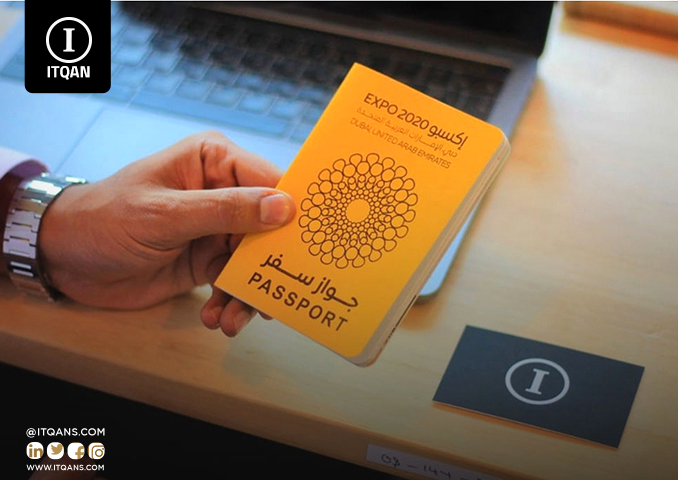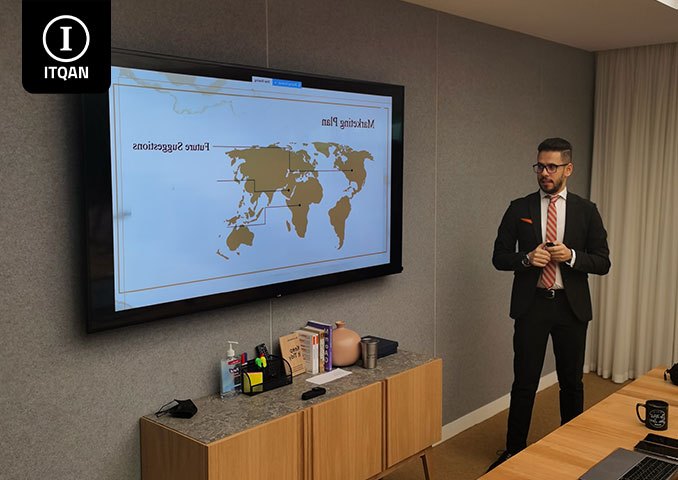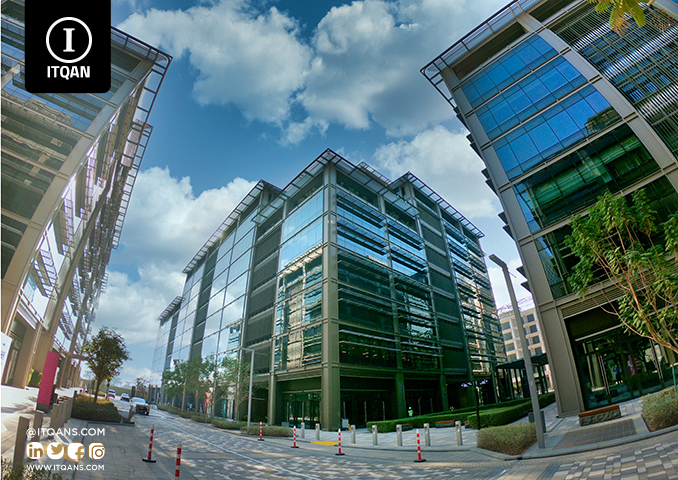Free zones are considered one of the most important stimulants for investment and international trade in many countries around the world. It provides an attractive economic environment for investors and companies, which contributes to enhancing economic growth and encouraging innovation. Establishing a company in the Free Zone can be a strategic step to achieve many benefits, whether in terms of tax savings, facilitation of legal procedures, or access to new markets.
In this article, we will review the multiple benefits of establishing a company in the Free Zone , in addition to the basic steps that must be followed to achieve this goal. We will also discuss potential challenges and how to overcome them to ensure the success of your project. Whether you are an entrepreneur looking for new opportunities or an established company seeking to expand its operations, in this article you will find the necessary information to achieve your goals.

جدول المحتوى
ToggleBenefits of establishing a company in the Free Zone
Establishing a company in a free zone comes with many benefits that make it an attractive option for investors and entrepreneurs. These benefits include:
Tax exemptions
One of the most prominent benefits that attract investors to the Free Zone is tax exemptions. Many free zones provide full or partial tax exemptions on profits and sales for long periods, which reduces the financial burdens on companies and increases their ability to achieve greater profits. This is in addition to not imposing taxes on exports and imports in some Free Zones, which enhances the competitiveness of products and services in global markets.
Ease of legal procedures
The process of establishing a company in the Free Zone is considered smoother compared to traditional procedures in other regions. Free Zone often provides integrated services that include registration and licensing in one place, which reduces the time and effort required to complete legal procedures. In addition, many Freezones provide support and legal assistance services to investors, making it easier for them to understand legal requirements and bureaucratic procedures.
Access to international markets
The Free Zone gives companies the opportunity to access international markets more easily. Thanks to the strategic location of many free zones in areas close to ports and airports, companies can facilitate shipping, transportation, and export of goods to various parts of the world with high efficiency. This enhances companies’ ability to expand and grow in global markets, and gives them a strong competitive advantage.
Steps to establish a company in the Free Zone
Establishing a company in the free zone requires following a set of organized steps to ensure compliance with local laws and obtaining the required licenses smoothly. Below we review the main steps for establishing a company in the Free Zone:
Choose the appropriate free zone
The first step in establishing a company in the free zone is to choose the Free Zone that suits your company’s activity and needs. There are many Free Zones in different regions, each of which offers a variety of benefits and services. You must research and analyze to determine the Free Zone that provides you with the best work environment in terms of facilities, infrastructure, logistics services, and proximity to the target markets. There may also be Free Zones that specialize in specific sectors such as technology, manufacturing, or financial services.
Preparing the required documents
After choosing the appropriate Free Zone, you must prepare and prepare all the documents required to submit the incorporation application. The required documents vary from one Free Zone to another, but usually include the following:
- Company incorporation application form.
- Copy of passports and signatures of founders and directors.
- A detailed business plan explaining the nature of the business activity and the company’s objectives.
- The company’s articles of incorporation and articles of association.
- Proof of the registered address of the company.
- No objection certificate if one of the founders works for another entity within the country.
Registration and obtaining a license
After preparing the required documents, the final step comes, which is registration and obtaining the license. All documents must be submitted to the administrative body of the selected Free Zone. Applications and documents are reviewed by the Authority, and you may be required to attend a personal interview or provide further information. After approval of the application, the necessary commercial license to practice commercial activity within the Free Zone will be issued.
In addition to the commercial license, additional licenses may be required depending on the nature of the business, such as health and safety licenses, environmental licenses, or licenses specific to the products or services provided.
By implementing these steps carefully, you can successfully establish your company in the Free Zone and begin achieving your business goals in an environment that encourages and supports growth and expansion.

Potential challenges and how to overcome them
Establishing a company in a free zone can be an excellent opportunity for growth and expansion, but like any business venture, investors face a set of challenges that they must deal with wisely and effectively. Here are some of these challenges and how to overcome them:
Initial costs
Initial costs are considered one of the most prominent challenges that investors may face when establishing a company in the Free Zone. These costs include registration and license issuance fees, as well as the costs of renting the appropriate office or space. How to overcome this challenge:
- Good financial planning: A comprehensive budget must be developed that takes into account all potential costs.
- Taking advantage of incentives: Some free zones offer financial incentives and facilities to new investors, so they should be looked for and taken advantage of.
- Search for financing: Funding sources such as business loans or financial partners can be sought to ease the financial burden.
Understand local laws
Dealing with local laws and regulations can be a challenge, especially if these laws differ significantly from those in the investor’s home country.
- Seeking legal advisors: Lawyers or legal advisors specialized in Free Zone laws can be hired to provide advice and guidance.
- Research and study: Investors must familiarize themselves with local laws and regulations through reliable sources and benefit from seminars and workshops.
- Communication with local authorities: Information can be obtained directly from the responsible authorities in the Free Zone, which helps in better understanding the legal requirements.
Competitiveness in the market
Competitiveness in the market is considered one of the major challenges that new companies in the Free Zone may face, as the company must stand out and remain competitive.
- Market Analysis: A comprehensive study of the market must be conducted to understand the needs of customers and competitors.
- Innovation: The focus can be on providing innovative products or services that better meet market needs.
- Effective Marketing: A strong marketing strategy must be developed that includes the use of social media and digital advertising to reach the target audience.
Our company’s role in establishing a company in the Free Zone
Establishing a company in the Free Zone is an attractive strategic option for many entrepreneurs and investors looking to benefit from the many advantages these regions offer. With tax breaks, ease of legal procedures and broad access to international markets, companies can achieve rapid growth and sustainable expansion.
However, success in this endeavor requires careful consideration of upfront costs, a deep understanding of local laws, as well as the ability to compete in target markets. Investors must be prepared to meet these challenges with flexibility and a thoughtful strategy.
In the end, making the decision to establish a company in the Free Zone can be a major turning point in the course of the business, opening new horizons and unlimited opportunities for growth and prosperity. Through good planning and solid execution, companies can make the most of this unique opportunity and strengthen their position in the global market.
Frequently asked questions about establishing a company in the Free Zone
What are the free zones in Dubai?
Dubai Internet City (DIC). Dubai Media City (DMC). Jebel Ali Free Zone (JAFZA). Dubai South District (DWC).
What are the main benefits of establishing a company in the Free Zone?
100% foreign ownership. Tax exemption on income and profits. Freedom to transfer profits and capital. No restrictions on currency.
What are the basic steps to establish a company in the Free Zone?
Choose the appropriate free zone. Determine the business activity. Reserve a trade name and obtain initial approval. Submit a commercial license application.
What are the documents required to establish a company in the Free Zone?
a copy of the passport. Personal Photos. License application form. Initial business plan.
Is it possible to obtain residence visas when establishing a company in the Free Zone?
Yes, a company in the Free Zone can obtain residence visas for owners, employees and their families.
Can companies in the Free Zone open bank accounts in the UAE?
Yes, companies in the Free Zone can open bank accounts in local and international banks operating in the UAE.
Do companies in the Free Zone need a local partner?
No, companies in the Free Zone can be fully owned by foreigners without the need for a local partner.
What are the restrictions on companies in the Free Zone?
Major restrictions include the inability to trade directly within the local market in the UAE without a local distributor or branch.

















